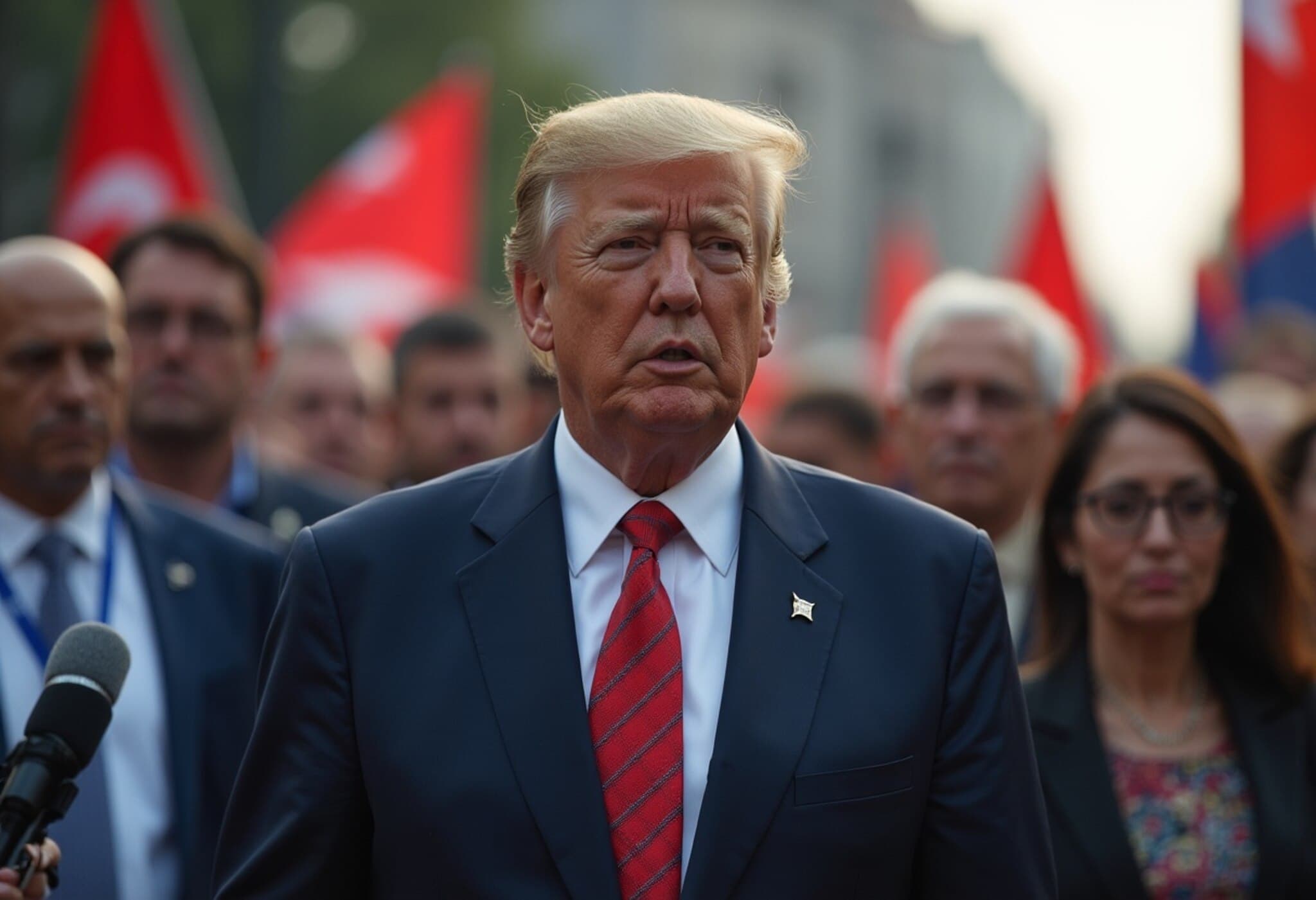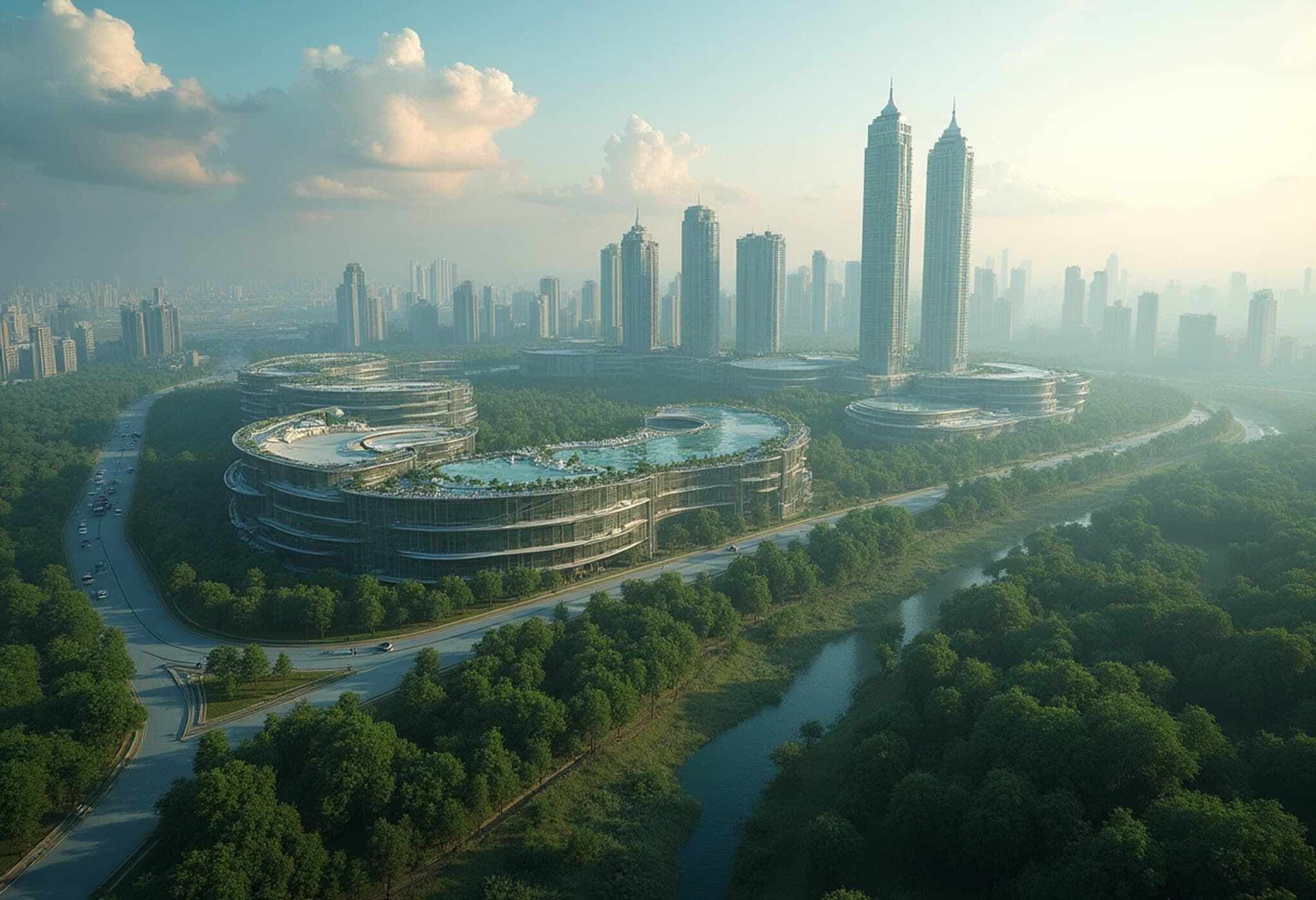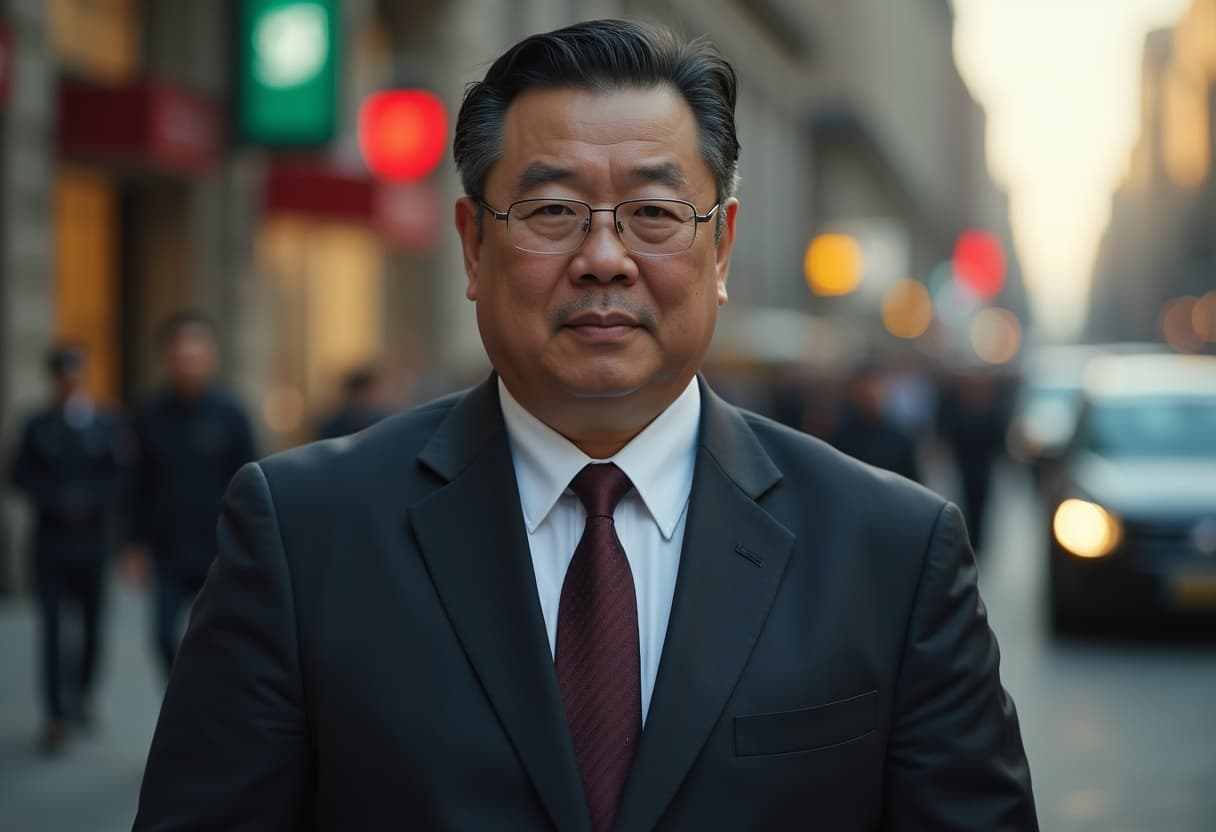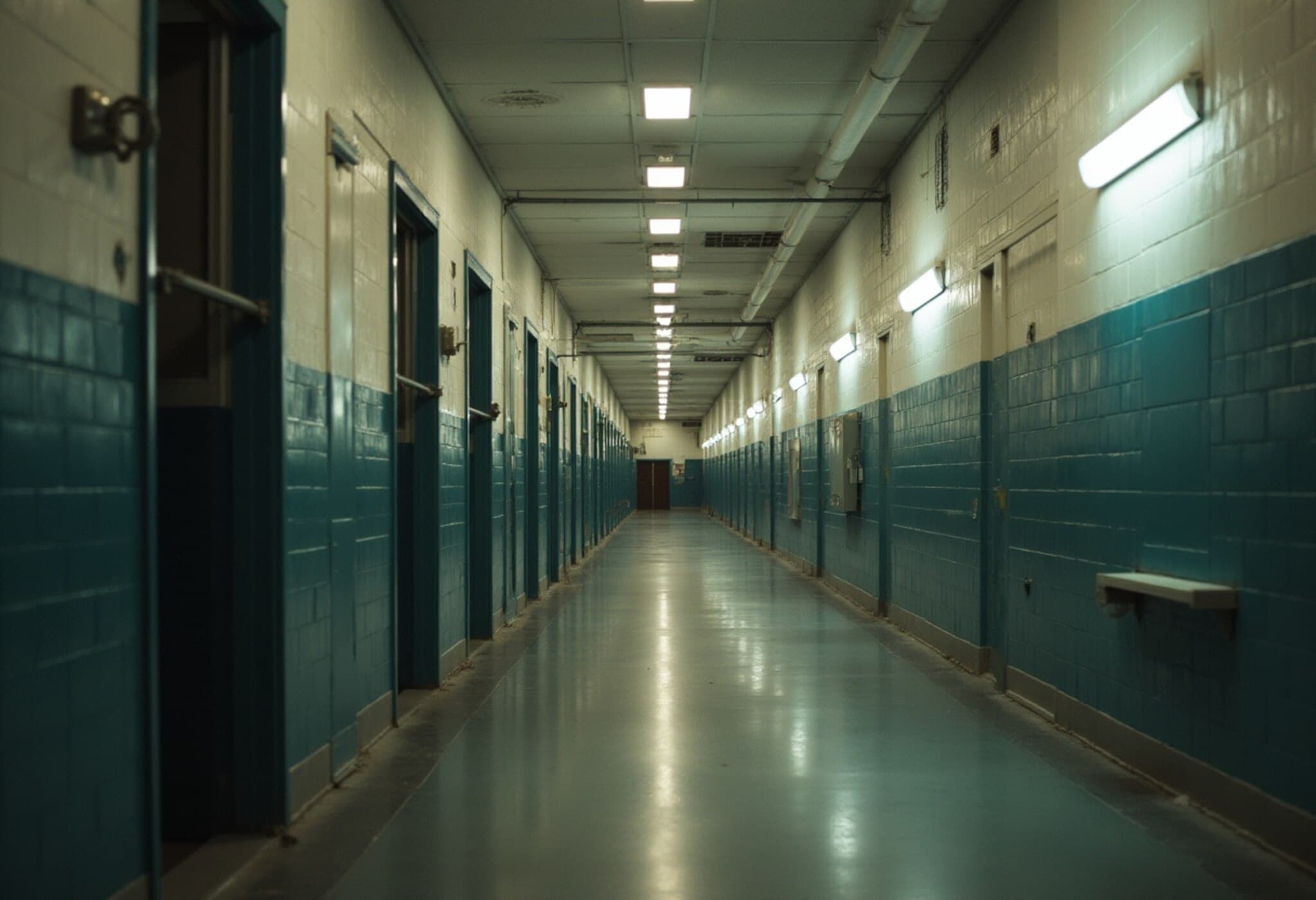US Targets Cuban President Diaz-Canel with Sanctions
On the somber occasion marking the fourth anniversary of the largest anti-government protests in Cuba since the 1959 revolution, the United States took decisive action by announcing sanctions against Cuban President Miguel Diaz-Canel. The move, articulated by Secretary of State Marco Rubio, restricts visas for Diaz-Canel and other top Cuban officials, highlighting their roles in what the US describes as the Cuban regime's harsh crackdown on dissenting voices.
Context: July 2021 Protests Spark Historic Uprising
The 2021 demonstrations shocked the island nation, mobilizing thousands of Cubans to voice their frustrations over deepening economic hardships — including shortages of food, medicine, and electricity — compounded by an ongoing, decades-long US trade embargo. These protests triggered a severe response from the Cuban government, resulting in hundreds of arrests, dozens injured, and at least one death. The crisis underscored the tension between citizens' demands for reform and the government's insistence on preserving its grip on power.
Who Has Been Sanctioned?
- President Miguel Diaz-Canel: Citing his role in orchestrating repressive measures.
- Defense Minister Alvaro Lopez Miera and Interior Minister Lazaro Alberto Alvarez Casas: Holding key positions linked to enforcement of crackdowns.
- Judicial and prison officials: Allegedly involved in the cruel detention and torture of protestors.
These sanctions form part of a broader US strategy to hold Cuban leaders accountable for human rights abuses and to curtail the regime’s ability to fund repression.
Political Prisoners and Human Rights Concerns
Rubio’s statements put a spotlight on the approximately 700 individuals still imprisoned for their participation in the 2021 protests, a figure Human Rights organizations estimate at between 360 and 420. Among them is dissident leader Jose Daniel Ferrer of the Patriotic Union of Cuba (UNPACU), whose recent parole revocation has reignited criticism from Washington and human rights advocates.
The US has demanded “immediate proof of life” for Ferrer and the release of all political detainees, underscoring concerns about mistreatment and torture within Cuba’s prison system.
Geopolitical Tensions and the Broader Picture
Cuban Foreign Minister Bruno Rodriguez condemned the sanctions via social media, reaffirming that external pressures will not sway Cuba’s leadership or its populace. The US embargo on Cuba, now more than 60 years old, continues to be a significant factor in bilateral relations, heavily impacting Cuba’s economy.
Furthermore, the State Department has expanded its blacklist to include Havana’s “Torre K” hotel, a symbol of the Cuban government's controversial prioritization of lucrative tourism projects amidst deepening domestic crises. This move aims to prevent American dollars from fueling the regime’s oppressive machinery.
Expert Insight: The US-Cuba Dynamic in 2025
Analysts note that these latest actions reflect the US government's ongoing attempt to balance geopolitical strategy and human rights advocacy. Sanctioning high-level Cuban officials serves to maintain pressure on a regime that remains unyielding despite economic hardship and public dissent. However, critics argue that such measures risk further isolating the Cuban populace, already burdened by economic challenges.
In the context of US domestic and foreign policy, these sanctions may also serve to resonate politically with Cuban-American communities and human rights supporters. Meanwhile, the recurring tensions underscore the persistent complexities in US-Cuba relations amid evolving leadership on both sides.
Looking Ahead: What’s Next for Cuba?
The Cuban government faces a critical juncture. With widespread shortages and a restive citizenry, continued repression might deepen unrest, yet political opening seems limited. International actors, particularly the United States, appear intent on leveraging sanctions to shift the regime’s calculus. How effective these measures will be remains uncertain, as Cuba navigates a difficult transition amid enduring geopolitical challenges.
Summary Box / Editor's Note
The US sanctions on Cuban President Diaz-Canel and key officials mark a significant escalation in Washington’s efforts to confront human rights abuses in Cuba. As Cuba commemorates a painful political milestone—the July 2021 protests—this development prompts reflection on the delicate balance between applying pressure on authoritarian regimes and the real impact on ordinary citizens. Observers should watch closely how these policies unfold, considering both their legal implications and the profound human toll behind the headlines.












